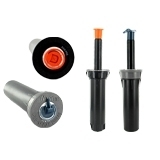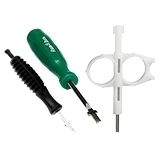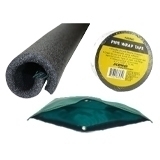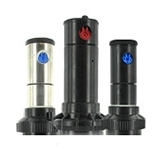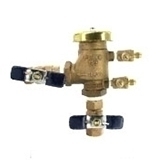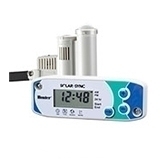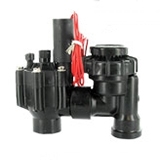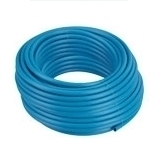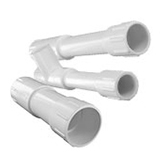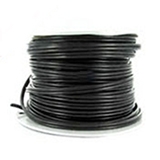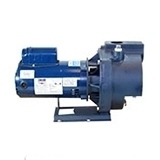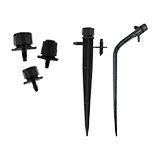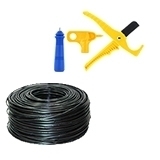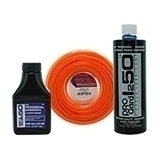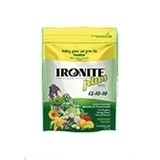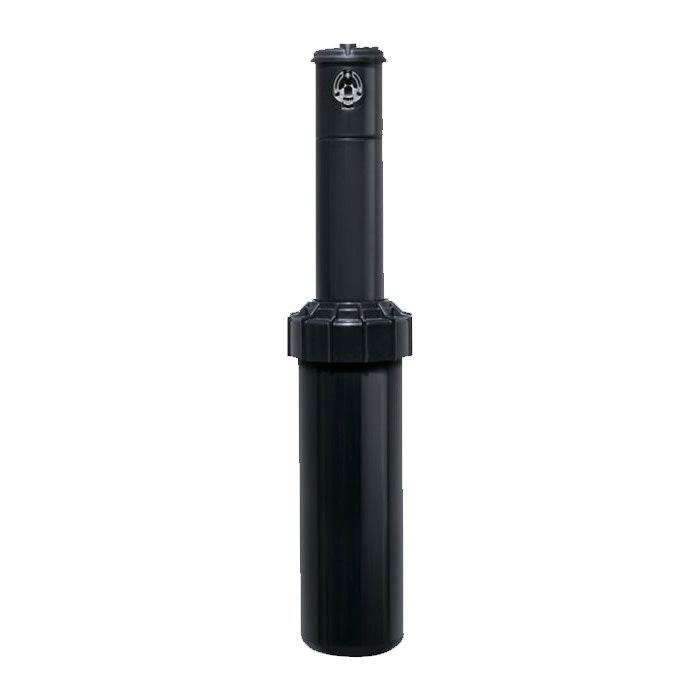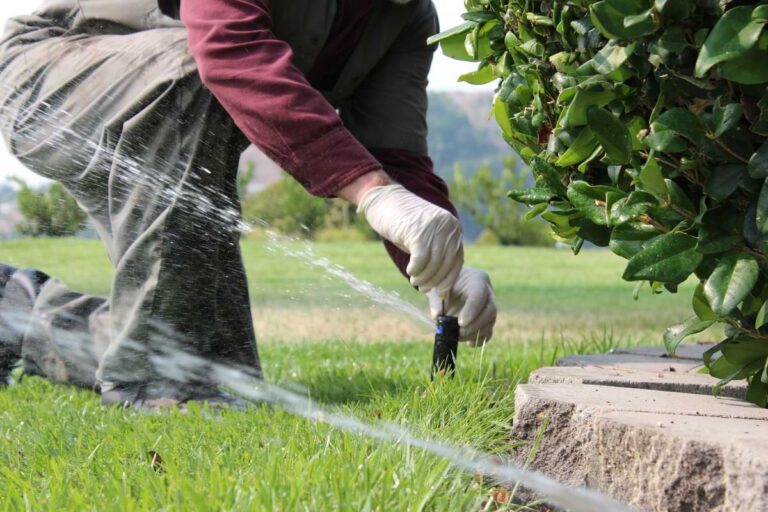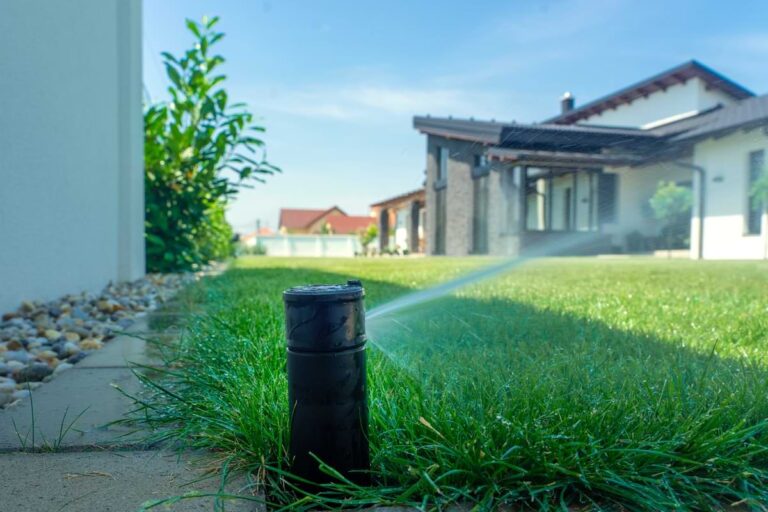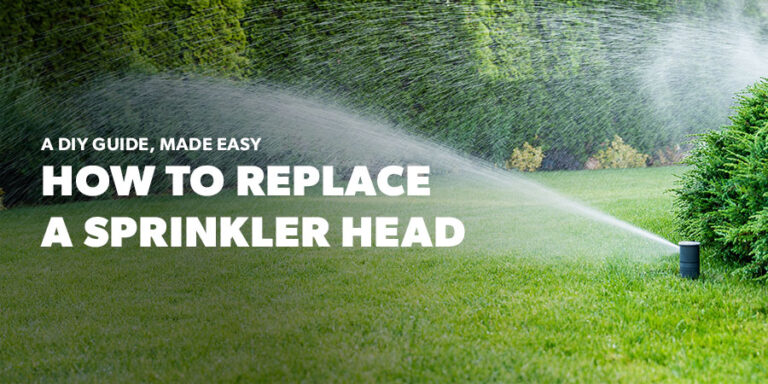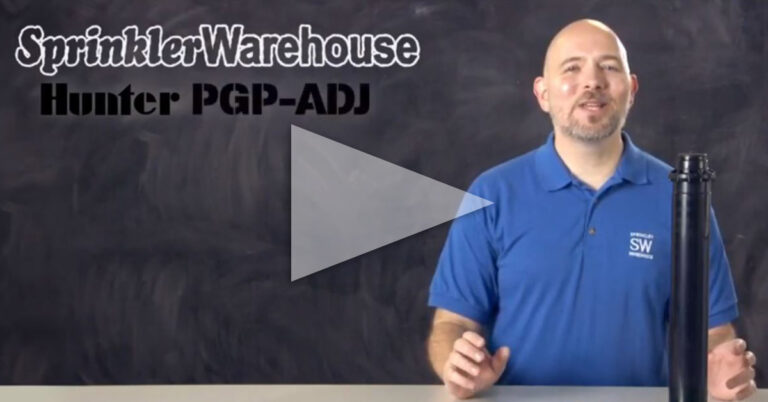Selecting The Right Sprinkler Head For Your Irrigation System
This article explains how to choose the right sprinkler head for your yard. The type of heads utilized on a specific project is determined by the dimensions of the area being covered, the water pressure available for operation, and also a variety of other factors.
Spray Heads:
Spray heads spray water in specific circular patterns and can be changed at your discretion. Spacing between sprinklers varies depending upon the specific nozzle that is installed in the head. To operate efficiently, units should rarely be spaced further than 15 feet apart and should be supplied with 20-30 psi of water pressure. Ideal for smaller, fragmented, hard-to-reach areas, these heads discharge 2-3 times the water of a rotor.
Nozzle Charts
Rotors:
Rotor heads also disperse water in circular patterns. However, these are used to cover larger areas of uninterrupted space. Small rotors tend to cover radii of 15-52 feet and large rotors can be designed to cover radii of up to 100 feet. To operate efficiently, rotors need to be supplied with more water pressure than spray heads. The psi level should approximately equal the space between each installed unit. There are two basic types of rotary heads categorized by the mechanism that causes the sprinkler to rotate. These types are impact rotors and gear-driven rotors.
Pop-Up:
Choosing the right sprinkler head for your yard may include the pop-up. Installed below the ground, the sprinkler head remains out of sight while inactive. Accordingly, it will not corrupt or compromise the aesthetic beauty of your landscape. Furthermore, there won’t be any pipes sticking out of the ground. This prevents you and your children from destroying or tripping over. Once the sprinkler system is turned on, a small portion of the head will emerge above the surface to disperse water to the irrigation area.
Fixed:
Installed above the ground on a riser, this sprinkler design should be utilized if you need to provide water to high-reaching plants. They are sometimes cheaper than pop-ups, but we do advise you that this is not the best selection for an area in the middle of the lawn if it can be avoided. Pop-ups can usually be designed to perform similar functions and will mitigate the potential problems caused by shrubs (risers) as described in the above paragraph. If a shrub is indeed needed, we encourage you to install them in the corner areas of the landscape not usually walked through.



